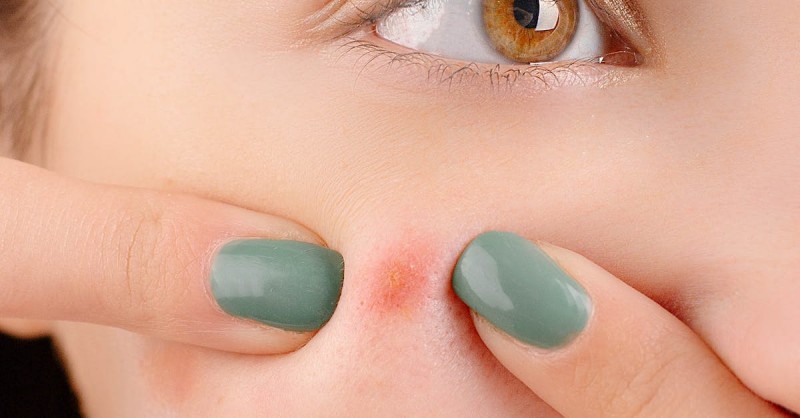
Acne can be a pesky and confidence-shaking skin condition, but you don't have to let it rule your life. With the right strategies, you can effectively manage and treat various forms of acne. In this article, we'll explore practical tips and treatments to help you achieve clearer, healthier skin.
Before diving into treatments, let's understand the basics of acne. Acne primarily occurs when hair follicles become clogged with oil and dead skin cells. These clogged follicles can lead to various types of acne, including:
Whiteheads and blackheads are non-inflammatory acne. Whiteheads are closed comedones, while blackheads are open comedones. They're typically the mildest forms of acne.
These are inflammatory acne lesions characterized by redness, swelling, and often contain pus. They can be painful and are more noticeable than whiteheads or blackheads.
Nodules and cysts are severe forms of acne. They are larger, deeper, and often painful. They can leave lasting scars if not treated properly.
Now, let's delve into effective treatments for these different types of acne.
Using over-the-counter or prescription topical retinoids can help unclog pores and prevent the formation of whiteheads and blackheads. These products promote skin cell turnover.
Salicylic acid is an excellent option for exfoliating and keeping pores clear. You can find it in various cleansers and spot treatments.
Benzoyl peroxide is a potent antibacterial agent. It can reduce inflammation and kill acne-causing bacteria. Start with a lower concentration to prevent excessive dryness.
Your healthcare provider may prescribe topical antibiotics to reduce inflammation and control bacterial growth in pustules.
Isotretinoin is a powerful medication for severe acne. It can shrink oil glands and prevent the formation of cysts, but it requires close medical supervision due to potential side effects.
A dermatologist can administer steroid injections into cysts to reduce inflammation and promote healing.
Use a mild, non-comedogenic cleanser twice daily to keep your skin clean without over-drying.
Resist the urge to squeeze or pick at acne lesions, as it can worsen inflammation and lead to scarring.
Choose oil-free, non-comedogenic moisturizers to hydrate your skin without exacerbating acne.
Some people find that certain foods, like dairy or high-sugar items, trigger acne. Experiment with your diet to identify potential triggers.
Proper hydration can help maintain skin health and prevent excessive oil production.
Always use sunscreen, as some acne medications can make your skin more sensitive to the sun.
Stress can worsen acne. Incorporate relaxation techniques like meditation or yoga into your routine.
Exercise improves blood circulation, which can promote healthy skin. Just remember to shower afterward to remove sweat and bacteria.
If over-the-counter treatments aren't effective, consult a dermatologist. They can provide tailored recommendations and procedures like chemical peels or laser therapy.
For females, birth control pills can regulate hormonal fluctuations that contribute to acne.
Consistency is crucial in acne management. It can take weeks to months to see significant improvement, so stick with your chosen treatment plan.
By following these strategies and being patient, you can effectively treat various forms of acne and regain your confidence. Remember, what works for one person may not work for another, so it's essential to find the right approach for your unique skin.